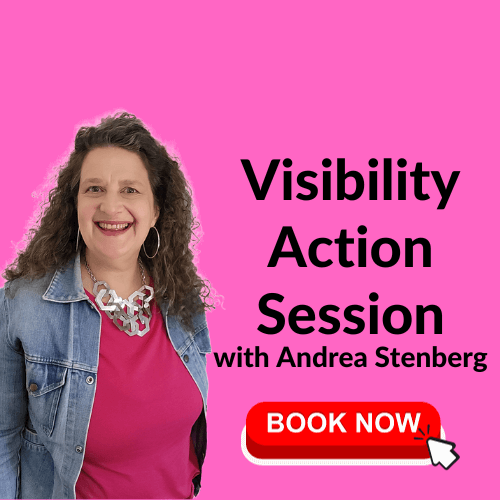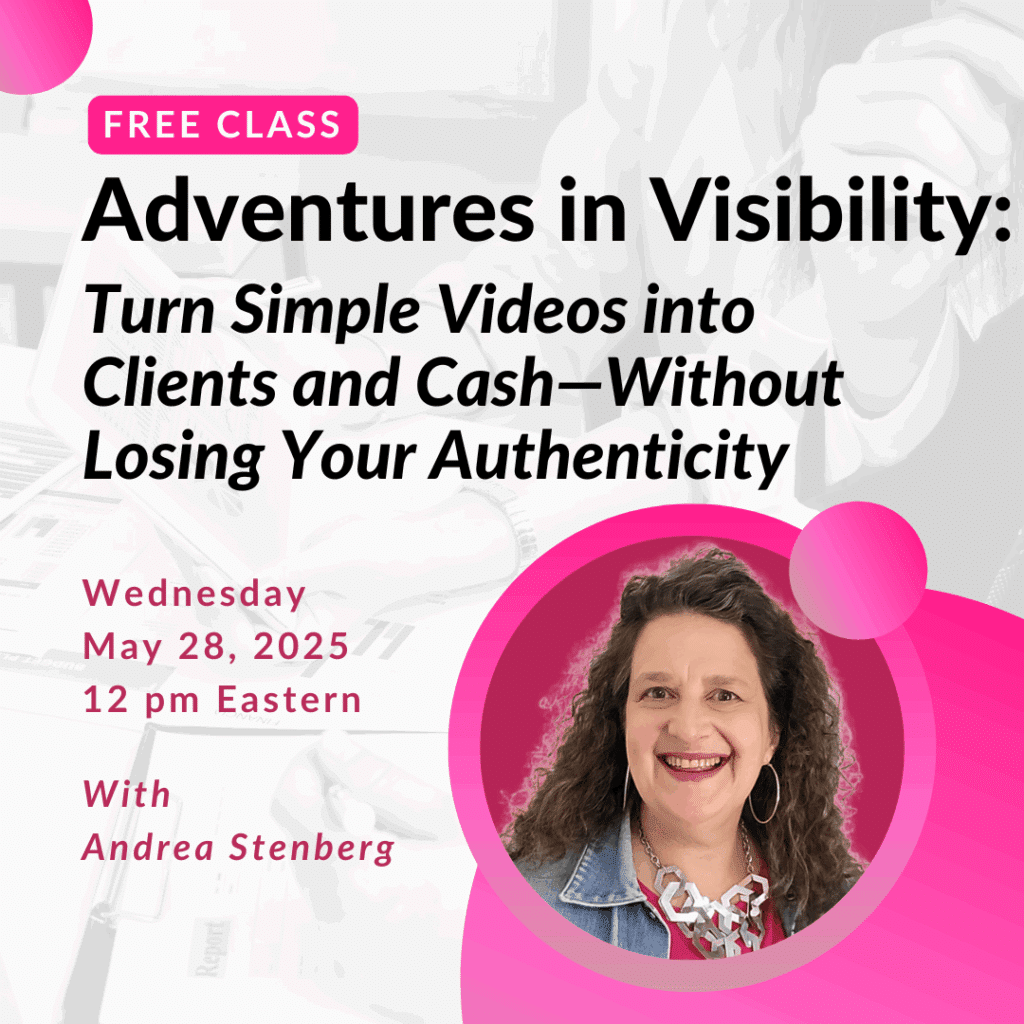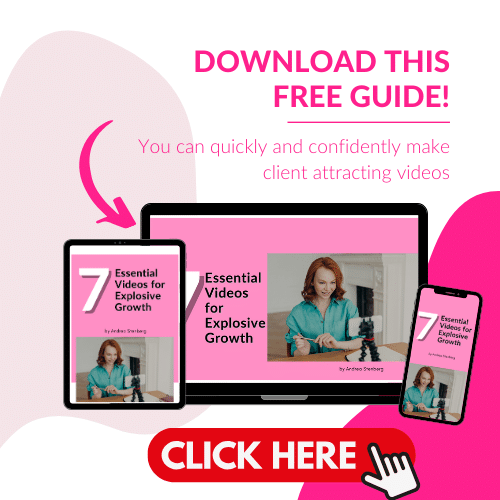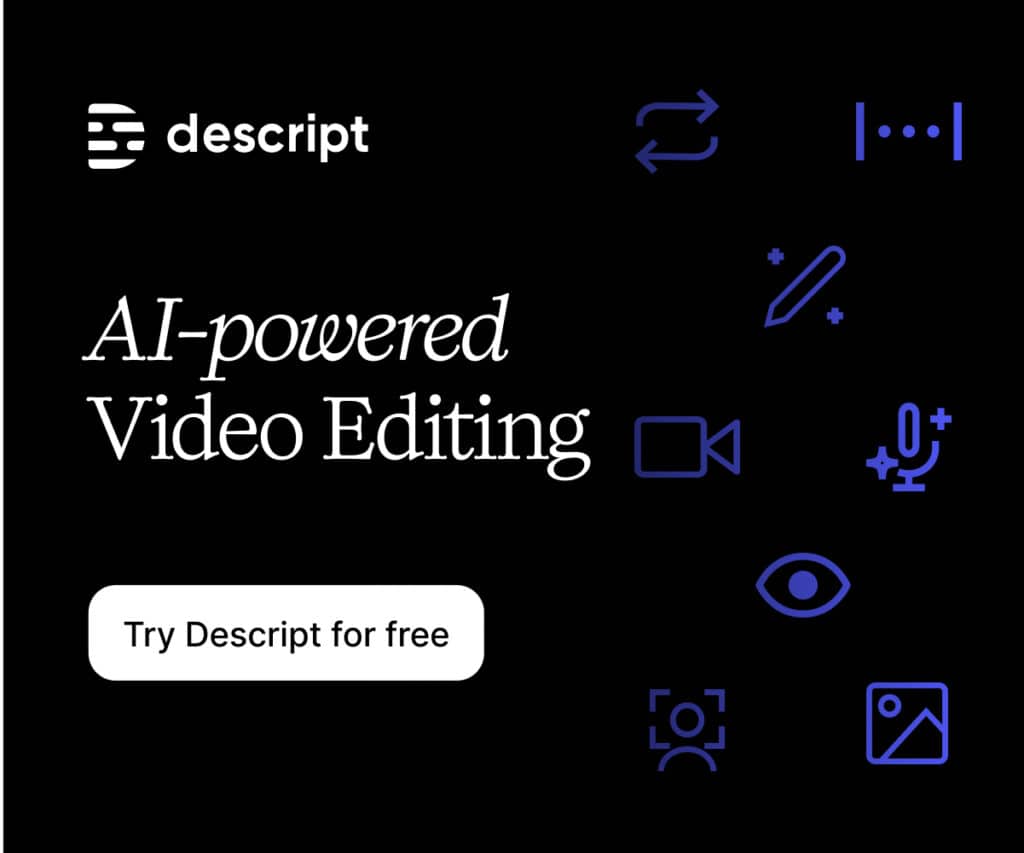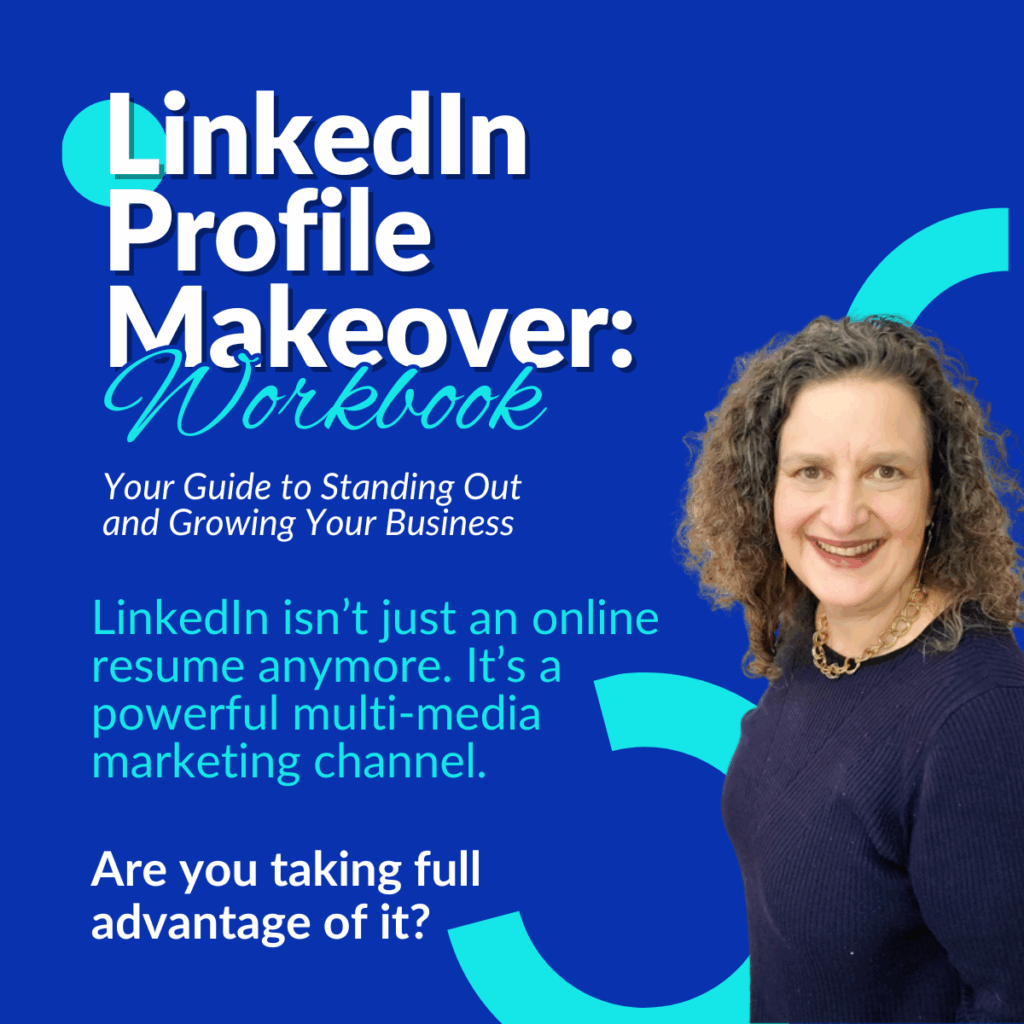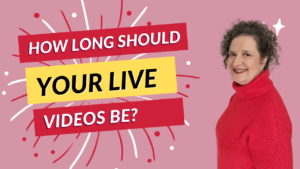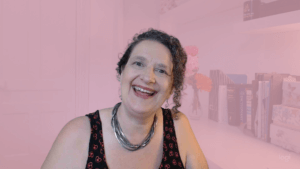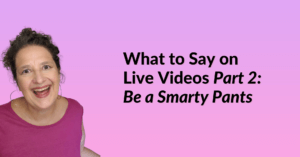Updated May 2017
If you’re new to social media marketing and trying to figure out where to start, it can be a daunting task. There are so many different sites; where do you go first?
Even if there is a social media site devoted specifically to your industry or teeming with your target market, I still think you need to be using at least one of the “big three” – Facebook, LinkedIn and Twitter. And unlike the big three automakers, these three are not running out of steam. They are growing by leaps and bounds, with no signs of stopping.
The hardest choice is between LinkedIn and Facebook. LinkedIn has a more professional feel. You include a professional bio and can get professional recommendations from people in your network. Notice how many times I’ve used the word professional? While there are people who have quirky job titles and humorous job descriptions on their LinkedIn profile, for the most part, LinkedIn users treat their profile as an online resume or online marketing platform. You should too.
LinkedIn is set up to make it difficult to contact people you don’t know because they want it to be a networking site, not a spam site. Like all social medial platforms your LinkedIn profile includes a profile photo and it really had better be a professional looking one. No avatars or goofy shots of you in your Halloween costume please.
In recent years, LinkedIn has allowed people to add a whole range of multimedia messages to your profile: photos, reports, videos, SlideShare. It truly makes your LinkedIn profile a multimedia marketing tool.
If you are B2B (business to business), in other words, you provide a service or product geared towards other businesses, LinkedIn is probably the best place for you to start. This is particularly true if your target market is larger corporations rather than microbusinesses or if you’re in the technology field.
If your customer base is consumers, Facebook is probably the best place to start. Many people use Facebook daily to socialize with friends and family, and their Facebook use has nothing to do with business. But that’s not the only thing people are using Facebook for. Many small businesses and solopreneurs also have a Facebook presence. So even if you are targeting them, Facebook might be good for you as well.
The key to remember is Facebook started out on college campuses, therefore Facebook tends to have a more playful feel. While you can create a page for your business, your main profile page is about you. In addition to your own photo, you can add as many photos as you want as well as videos and audios. You have a wall where people can post their own comments and you can respond.
Overall, Facebook is more personal, even if you’re using it for business. The key to remember is to not get too personal if you’re using Facebook for business. No photos from wild parties, no comments you wouldn’t want potential customers to see. Keep it professional, even if it’s a little more playful than on LinkedIn.
If your customers are consumers try Facebook first. If you are targeting small and microbusinesses, look to see how many of your potential customers are on both sites. Depending on your industry, you might find one better than the other. If you are targeting people in the technology field, LinkedIn is probably better. If you are targeting small businesses that serve consumers, they are more likely to be on Facebook.
What about Twitter? Twitter is a bit of a different creature. If you’re brand new and only going to be using one platform to start, Twitter may not be the best choice, depending on your market.
The nice thing about Twitter is it’s short and sweet – you have 140 characters to make your point. However, you can also upload photos to tell your story.
Twitter is fast and easy to use. If you have a blog you can send links to posts via Twitter. By following people in your industry or potential customers, many of whom will follow you back, you can build a following of your target market. The key is to try to get them to visit your website at some point.
Ultimately, don’t spend tons of time agonizing over where to start. Pick one, spend some time learning the ins and outs of using the site and be a regular. Once you’ve mastered using one social media site, you can consider adding another one to your marketing mix.
Andrea J. Stenberg


